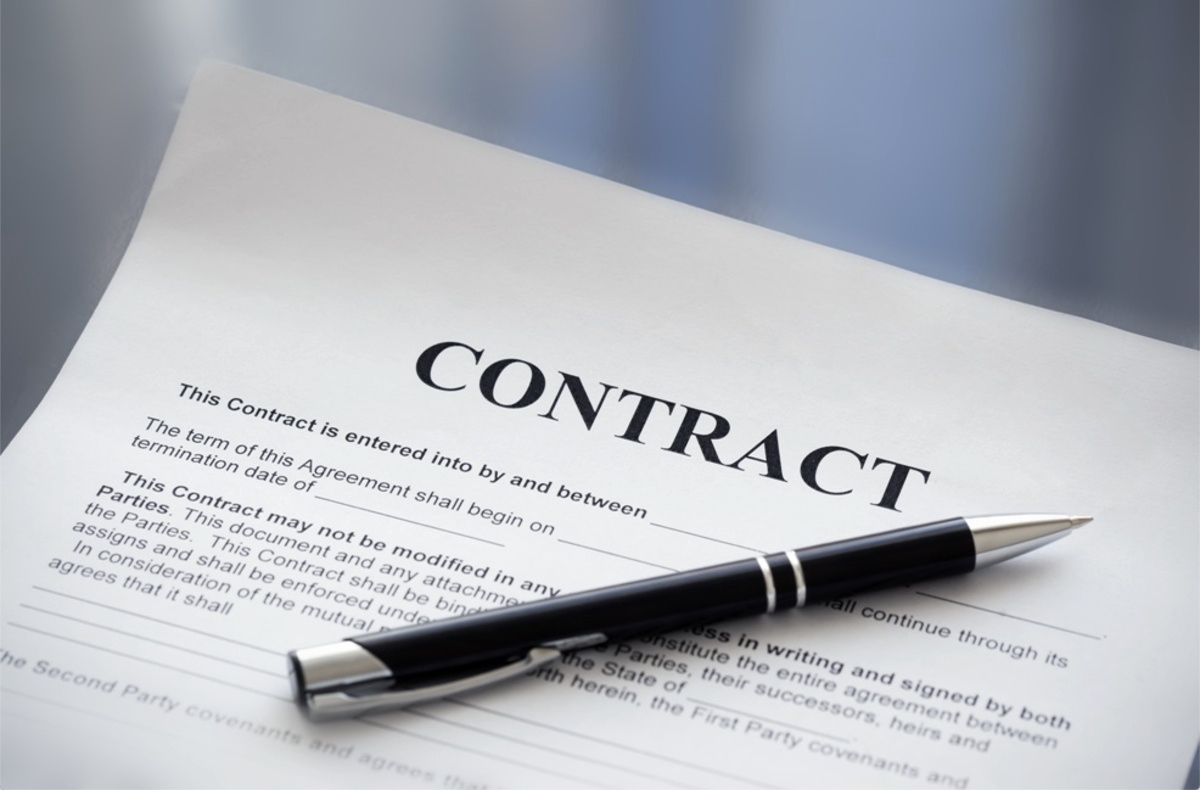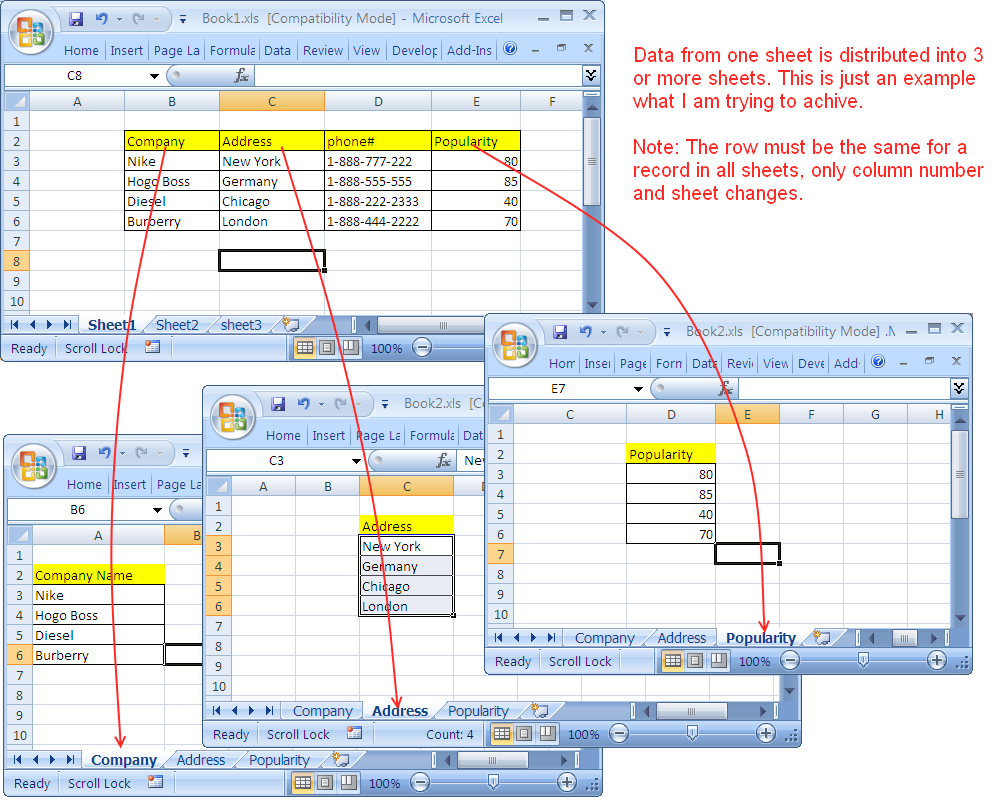Essential Guide: Gathering Paperwork for Contract Work

Why Contract Work Requires Specific Documentation?

Contract work, by its nature, is governed by specific legal and financial obligations that differ from traditional employment. Understanding and managing the paperwork for contract work is crucial not only for legal compliance but also for maintaining professional relationships, ensuring prompt payment, and protecting both the freelancer and the client from potential disputes. Here, we delve into the essential documents every contractor should manage to streamline their workflow and legal standing.

The Core Documents for Contract Work

1. Contract or Agreement

The contract or agreement is the backbone of any freelance work:
- Clearly defines the scope of work: The specifics of what the contractor will deliver.
- Establishes terms and conditions: Including duration, payment schedule, confidentiality, and termination rights.
- Protects both parties: By outlining expectations and providing a reference for any disputes.
💡 Note: Always include clauses for dispute resolution, amendment procedures, and Intellectual Property Rights (IPR).
2. Scope of Work (SOW)

This detailed document outlines:
- Tasks to be completed
- Deliverables
- Quality expectations
- Timeline
3. Timesheets or Work Logs

Keeping detailed records of work hours is essential, especially for:
- Billable hours
- Tracking progress
- Supporting claims for payment
4. Invoice

A well-drafted invoice:
- Includes company details: Contractor's and client's address, tax identification number, etc.
- Outlines payment terms: Due dates, late payment fees.
- Provides a breakdown: Of services or goods rendered.
Additional Documentation

1. Non-Disclosure Agreement (NDA)

For confidential work, an NDA is essential to:
- Protect proprietary information
- Establish trust between contractor and client
2. Proof of Liability Insurance

Depending on the nature of the work, contractors might need:
- General liability insurance
- Professional liability insurance
- Workers' compensation insurance if they have employees
3. Tax Forms and Records

Contractors must keep:
- 1099-NEC forms from clients for tax reporting
- Records of all expenses for deductions
- Documentation related to estimated tax payments
| Document Type | Description |
|---|---|
| Contract or Agreement | Outlines the legal agreement between contractor and client. |
| Scope of Work | Details the specific tasks and deliverables expected. |
| Timesheets/Work Logs | Records work hours and progress for billing and project management. |
| Invoices | Documents the services provided and amounts due for payment. |
| Non-Disclosure Agreement | Protects confidential information shared during the contract. |
| Proof of Insurance | Shows compliance with insurance requirements for certain professions. |
| Tax Forms | Includes 1099-NEC for income reporting and records for expense deductions. |

Ensuring Compliance and Smooth Operations

Managing contract work documentation effectively involves:
- Regular Updates: Keeping documents current to reflect changes in scope or agreements.
- Clear Communication: Ensuring both parties understand the terms.
- Digital Organization: Utilizing tools like Google Drive or Dropbox for storage and access.
🌟 Note: Use cloud-based solutions to access documents from anywhere, ensuring you have the most recent version.
Endnote

Having the right documentation for contract work not only ensures legal compliance but also builds a framework for efficient, transparent, and dispute-free collaborations. Each document has its role in protecting your business interests, ensuring payment, and maintaining a professional relationship with your clients. By organizing these documents, tracking them with precision, and updating them regularly, you lay the foundation for a successful freelance career.
What are the consequences of not having proper documentation in contract work?

+
Without proper documentation, you risk legal disputes, payment issues, misunderstandings about work scope, and potential tax complications.
How often should contracts be reviewed or updated?

+
Contracts should be reviewed and possibly updated at the beginning of a new project, when significant changes occur in the scope of work, or at least annually to reflect changes in law or business practices.
Can I use digital signatures on contracts?

+
Yes, digital signatures are legally recognized in many countries and provide a convenient way to sign documents remotely, although you should ensure compliance with local laws.



